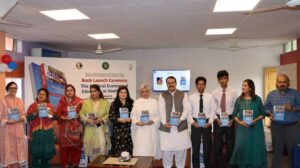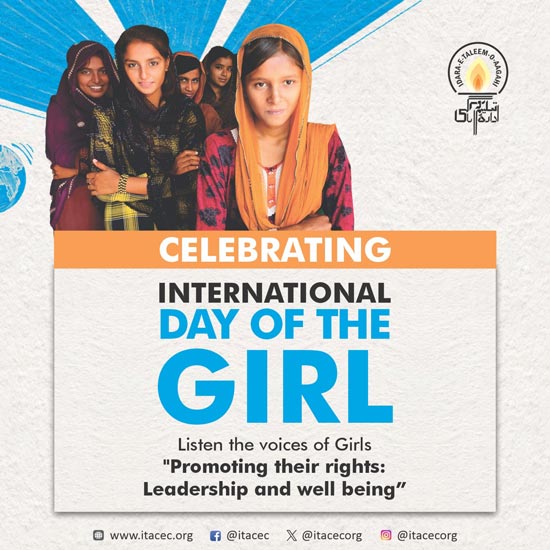
Child Marriage: Child marriage remains a disconcerting issue in various parts of Pakistan. Young girls are frequently wedded off, leading to early motherhood severe health and nutrition risks. Although legal reforms have been introduced to combat this practice, the age remains uneven, not up to 18 years as agreed by Sindh provinces and moreover challenges persist in their implementation.
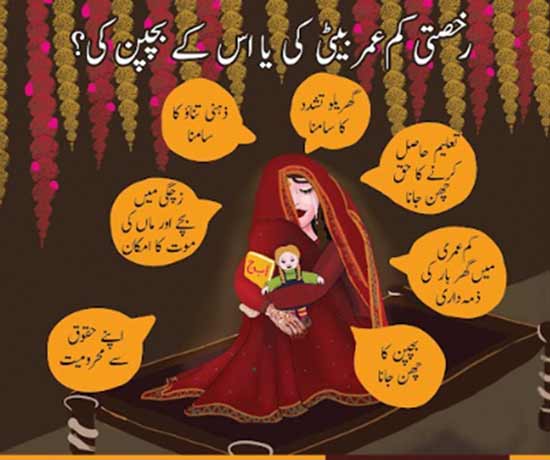
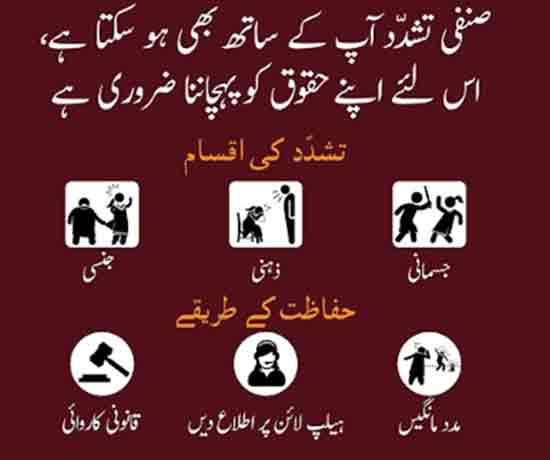
Gender-Based Violence: Gender-based violence, spanning domestic abuse and honor killings, remains an ever-present issue.
Pakistani girls live under the perpetual threat of violence and abuse, often with limited recourse or protection.
Economic Opportunities: Attaining economic opportunities poses an ongoing challenge for girls and women in Pakistan. Gender disparities persist in the workforce, with women underrepresented in leadership roles.
To enhance the well-being of girls in Pakistan, a comprehensive approach is imperative. Key strategies encompass:
Boosting Access to Education: Priority must be given to enhancing girls’ access to quality education. This entails the construction of schools in rural areas, encouraging parents to educate their
daughters, and providing scholarships or financial incentives to retain girls in school. Addressing cultural norms that discourage girls’ education is of paramount importance.
- Legal Reforms: Sustained efforts are crucial to enforcing and strengthening laws against child marriage, domestic violence, and honor killings.
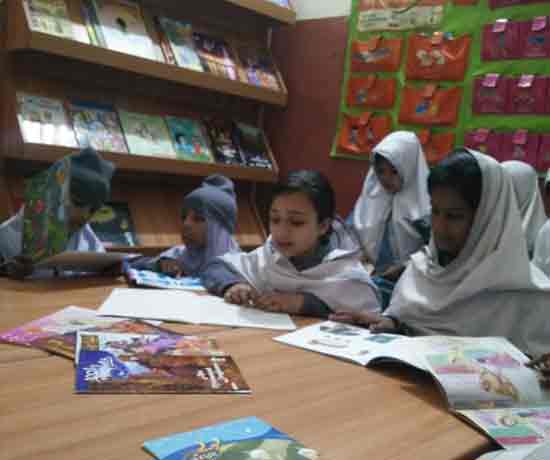
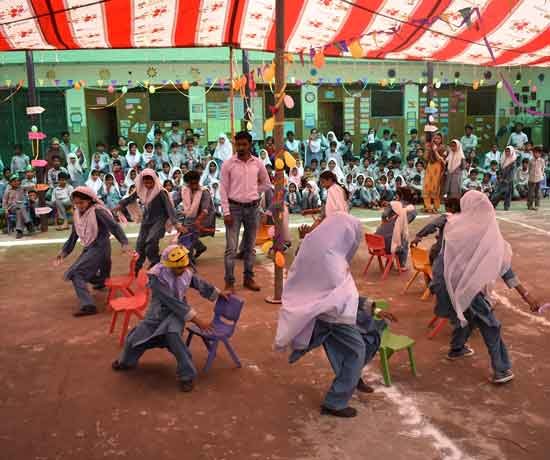
• Awareness and Confidence-Building: Encouraging girls to be self-assured, independent, and self-reliant is essential. Programs offering vocational training and life skills education can empower girls to achieve economic independence. Schools and communities should foster discussions on gender issues and respectful behavior.
• Supportive Communities: Building supportive communities that safeguard and uplift girls is fundamental. Religious and community leaders can play a pivotal role in shifting cultural norms and promoting gender equality.
To address these issues, ITA has played a pivotal role in reaching underserved areas, notably through the “Sayani Sahelian” program. This initiative involved conducting beneficiary surveys to evaluate girls’ enrollment and dropout rates. Parents were encouraged to send their daughters to school for essential vocational and academic trainings. Academic sessions were categorized into short-term and long-term programs at primary and middle school levels, with baseline, midline, and endline assessments. Girls were equipped with digital and vocational training, ensuring a stimulating learning experience.
The International Day of the Girl Child serves as a poignant reminder of the distinctive challenges girls face and the necessity to empower them. In Pakistan, as in many regions across the world, girls encounter a myriad of obstacles on their journey to education, safety, and overall well-being. By addressing these challenges and championing their empowerment, we can guarantee that girls in Pakistan have the opportunity to realize their full potential and contribute to the country’s progress. Together, we can work toward a future where every girl in Pakistan can thrive and realize her aspirations; ITA remains optimistic when it comes to girls and young women changing the nationwide landscape as leaders with a vision with extraordinary capabilities to achieve the extraordinary targets in record time.



